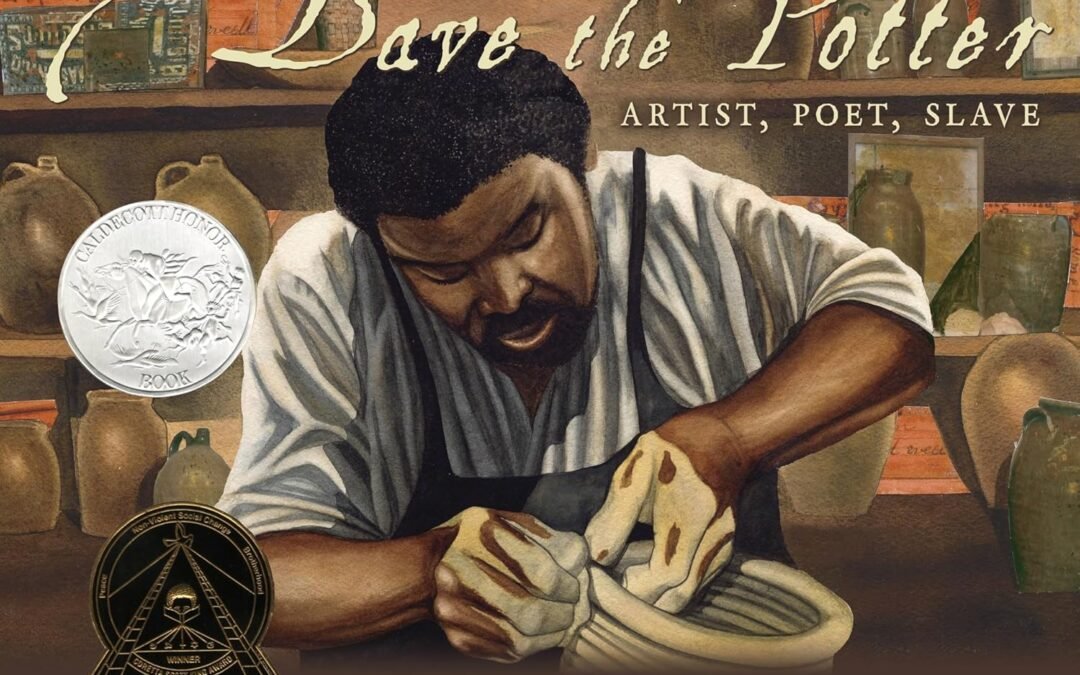I have noticed that the homeschooling community, over the last 5 years or so, has really changed. We used to discuss and debate educational theories and methods a lot more. Lately, I feel like I see more conversations about finding the easiest and cheapest method to homeschool than those focused on the best methods. So, for you newer homeschoolers, I want to work on writing a series of posts that introduce various theories and methods. Because questioning how children learn best is a good way to make sure you are providing the best education you can.
Unschooling is a term coined by John Taylor Gatto that referred to a way to educate a child without traditional school methods. His writings are extensive on the topic. However, there are a few core principles. First, children are natural learners and do not need to be forced to learn. Second, textbooks are unnatural and unnecessary to an education. Learning through real life, natural curiosity, and play result in better learning for children. He also believed that children should be empowered to take charge of their own education. Let’s break down some of what this means at different ages, and the pros and cons of this method.
The Younger Years
There is actually a lot of research that says that formal education really doesn’t give a child any benefits before age 7 or 8. Before that age, children are made to play. They ask questions and want to learn about the world. To be honest, many kids are easy to unschool during this stage of life. Read them stories, sing songs with them. Go on hikes. Visit the zoo. Visit the library. Provide educational toys. Answer their many “Why” questions. Today’s parents have those covered more than any generation before, because you can look it up on your phone right away.
Gatto’s idea was that children will naturally learn everything they need to know, when they need to know it. However, I could not do a pure unschooling method at this age. Even this young, my kids wanted to know more about the world than they could question. They did not have the basis of understanding to start asking for what they wanted. So, I had to find books to read to them about science and history. They were not content to direct their own learning, they needed me to make a plan based on what they enjoyed.
However, I followed his method in so much as my children had plenty of time for play and exploration. I made sure I saw the value in learning from field trips and playing in the creek. I needed to use books as a crutch, because I can’t recite the entire history of the world from memory. Maybe Gatto could? I don’t know.
The Middle Years
Once children are 7 or 8, most of them will develop an interest in reading and writing. According to unschooling, that is the critical window when you teach those skills, when the child is interested. And the truth is, there are some kids who will literally start reading and writing just from watching you do it. Reading along in your lap during story time leads to reading for some kids. Watching you put their name on their art shows them how to write it.
The amount kids can learn from real life experiences and answering their questions just continues to grow as they age. If you aren’t forcing a curriculum on them that has them believing that learning is boring, they will want to learn. Where it gets sticky for a lot of parents is that the kids might not want to learn what you really want them to learn. They may want to learn to build the biggest Minecraft world or learn to climb a tree 30 feet into the air. Your child might want to learn what happens in every episode ever of Star Trek, and watch them for hours. They may want to learn what happens when you freeze soda. Will it retain the bubbles when it thaws? None of this looks like school, and that freaks parents out.
To really lean into unschooling, you have to really trust the process. For many of us, that just isn’t completely practical. We are comfortable letting our kids direct some of their own time and learning, but not all of it. Some parents find they can unschool but also help their child expand their interests by leaving educational kits out on the table, or piles of library books. They grow a family garden for the kids to explore or take a ton of field trips. The child can choose what to engage with when, but parents spend a lot of energy making sure the educational materials and experiences are there to catch their eye at the right moment.
Personally, I unschooled all my kids a lot during middle school. Middle schoolers are full of hormones. They generally do better at learning life skills than workbook skills. My own opinion is that middle school has a lot of wasted time either re-teaching things they learned in elementary school or introducing things high school will inevitably teach. So, when my daughters were 12, I just let them lead and we did whatever they wanted that year, as the hormones were raging.
Reasons Not to Unschool
The problem I have found with unschooling for everything is that children with learning disabilities like dyslexia and dysgraphia, do not learn to read and write on their own. They need specialized, directed instructions with a method that teaches both phonics and sight words. They also may not ask for instruction in those areas, because it is really hard for them. Waiting until your child asks to learn to read, may put them at a significant disadvantage. This doesn’t mean that you have to give up all ideas around unschooling, but that you may need to help your child see the value in certain lessons and use a curriculum to help them get there.
The other area where unschooling is debatable is math. Gatto believed that just waiting until a child was 12 to start teaching math was very reasonable. Much of understanding math is based on brain development, so if you wait until the child’s brain is ready and they are interested, they can learn all of elementary school math in a relatively short amount of time. This terrifies a lot of parents. He was also comfortable teaching math through many real world experiences like counting money and baking cookies, in the early years.
If you live in a state that requires annual testing, you probably can’t wait until your child is 12 to introduce math. That said, I do think his theory that it gets easier to teach as kids get older is a good reason to stress less about teaching huge amounts of complex math to younger students. You can instead work on making it fun and playful. Using blocks, manipulatives and games to introduce math concepts can make it more child friendly. While schools may be trying to teach algebra earlier and earlier, the human brain is not necessarily ready for that. It learns those concepts easier when kids are older.
Of note, kids who are neurodivergent and have ADHD or autism, may not get to a phase where math gets easier until they are even older. They may instead find that they struggle less with math once they are 16 or 18. This can make high school math very challenging, but can also mean that the child who struggled with math for a long time, can catch up and do a college class so they can get a degree.
High School
Unschooling high school is more about giving your teen the power of choice more than anything else. If your child wants to get a college degree it is important to help them choose courses that will create the background and transcript they need for success. Much of high school requires direct instruction. The difference between an unschooler and a more traditional education may not be obvious from the outside. However, the big difference is that the unschooler has chosen their courses and is treated as the most important person in their own education. This means that parents don’t try to force a curriculum on them that isn’t working. Teaching them has to meet them where they are, and give them what they need. This kind of education is often very democratic, as both the parent and the student work collaboratively to craft their education.
A typical unschooling student, even in they are only partially unschooling, will generally have some very interesting courses listed on their transcripts. Anything from black smithing to acting to gardening can be a credit if your child is working at it with intention. These courses actually teach a lot of self discipline and look interesting to colleges.
Challenges to Consider
I will be honest, I couldn’t fully unschool because doing it was just too hard for me. I did like that this theory honors the child as the one getting the education, and I believe very much in that. I let my kids help choose what they would learn about each year. I took into account their learning styles and what they liked and didn’t. However, pure unschooling was exhausting. My kids wanted to learn SO much and I didn’t have the resources to help them all do deep dives into every interest every day. It was much easier to work together to find curriculum options and ways of learning that worked for all of us.
The biggest lesson I took from reading about unschooling though, was to see everything as learning. The kid who watched 400 hours of Star Trek? That kid has fodder for some interesting essays. The kid who built a huge Minecraft world? Learned both computer skills and how to complete a large project. And my kids who climbed a tree 30 feet into the air at age 5? She went on a 100 mile canoe trip at 13, and is preparing for a life full of adventure.








0 Comments